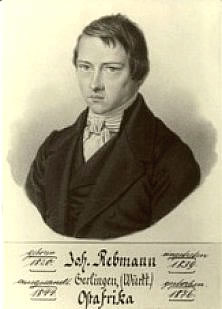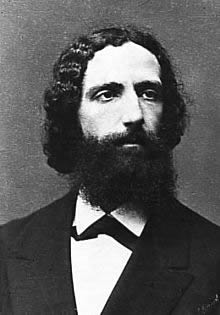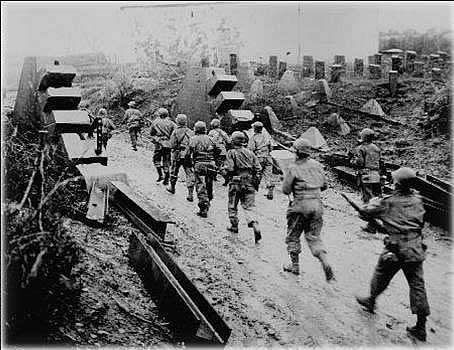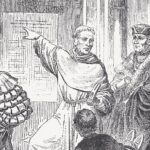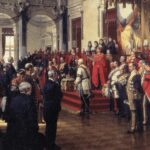January 16, 1820
Birth of Johannes Rebmann (1820-1876) in Gerlingen, Germany. Rebmann was a missionary and explorer in Africa. In 1848 he was the first European to see Mount Kilimanjaro and in 1849 the first to see Mount Kenya.
January 16, 1838
Birth of Franz Brentano (1838-1917) in Marienberg, Germany. Brentano was a professor of philosophy at the University of Würzburg. He was the nephew of the poet Clemens Brentano. He was a priest of the Roman Catholic Church and a professor of theology at the University of Würzburg. The doctrine of papal infallibility, however, seems to have been the factor impelling him to resign both offices. Later as an instructor at the University of Vienna, his students included Sigmund Freud, Carl Stumpf and Edmund Husserl. His most influential book is Psychologie vom empirischen Standpunkte (1874).
January 16, 1917
The German minister, Arthur Zimmermann, sends a telegram through the German ambassador in Washington to the German ambassador in Mexico offering Mexico an alliance against the United States. He proposes that Mexico will be assisted in retaking Texas, New Mexico and Arizona. The telegram is intercepted and decoded by British intelligence and given to President Woodrow Wilson. The telegram becomes instrumental in forming American public opinion against Germany and for entering the war as Wilson gives it to the press in March. (America will enter the war five weeks later.)
January 16, 1937
German cardinals Adolf Bertram (Breslau), Michael Faulhaber (Munich) and Josef Schulte (Cologne) along with bishops Clemens August von Galen (Münster) and Konrad von Preysing (Berlin) meet with the ailing Pope Pius XI seeking help in withstanding the aggression of the Nazi party. Pius XI agrees to issue an encyclical on the plight of the Church in Germany. (The encyclical, “Mit brennender Sorge” was drafted by Cardinal Faulhaber and edited by the Vatican secretary of state, Eugenio Pacelli.)
January 16, 1945
End of the “Battle of the Bulge”. The Battle of the Bulge was the last desperate attempt by German forces to break the Allied front in the west and turn the tide of World War II.
January 16, 1950
Death of Gustav von Bohlen und Halbach near Salzburg, Austria. He married the heiress of the Krupp family (steel and arms), Bertha Krupp, and gained control of Krupp Industries. He then added the name Krupp to his name. So important was Krupp Industries to the economy that the Kaiser himself chose the Prussian diplomat, von Bolen und Halbach, as Bertha Krupp’s husband to manage the firm.
Back to Today in German History Calendar
